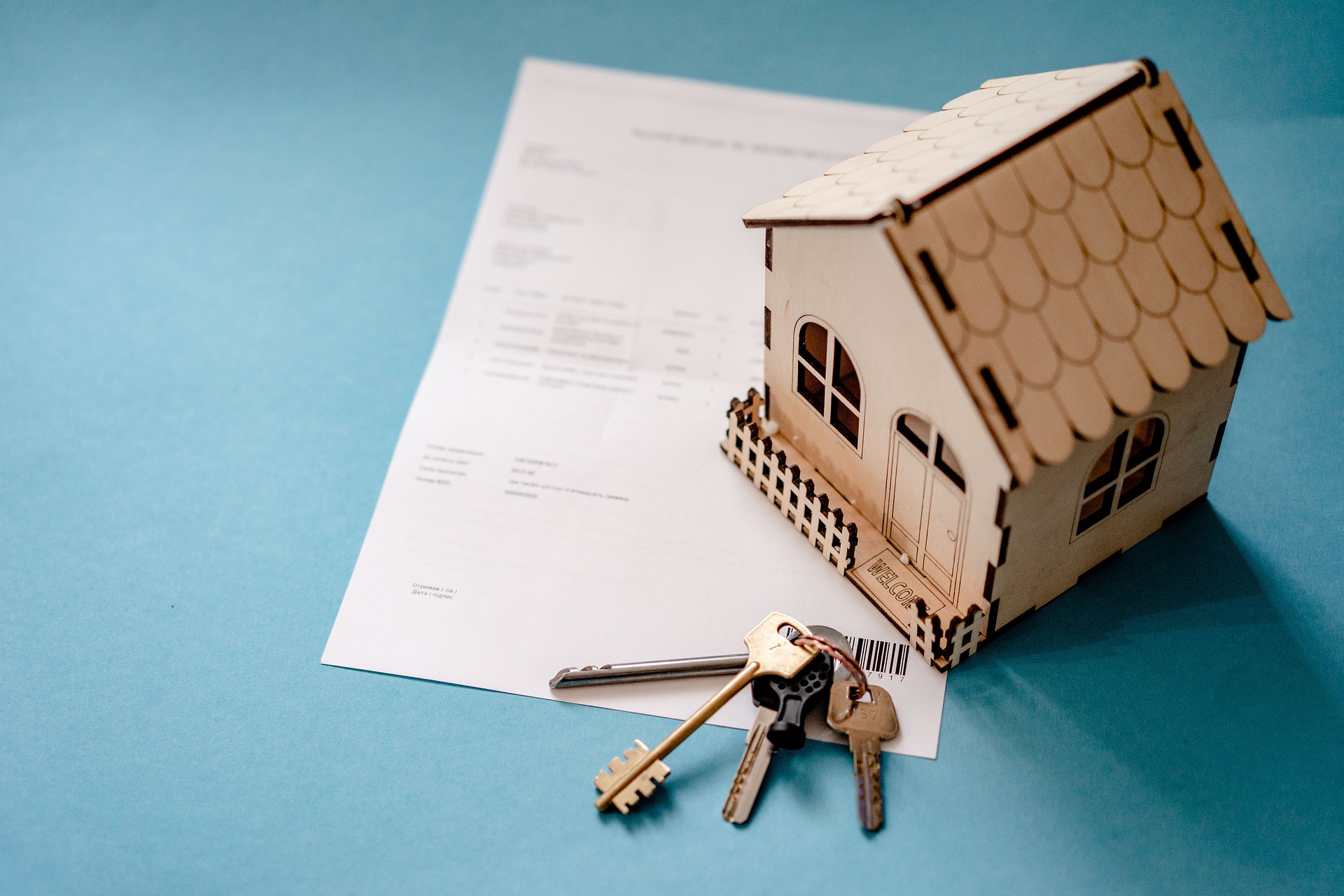5 Questions to Ask Your Mortgage Lender
 It’s not easy to afford a brand-new home for yourself. The market prices are touching the sky, and every property is beyond a buyer’s limit. Luckily, you can still afford a home with the help of a mortgage.
It’s not easy to afford a brand-new home for yourself. The market prices are touching the sky, and every property is beyond a buyer’s limit. Luckily, you can still afford a home with the help of a mortgage.
If your financial resources are not enough to support your dream of buying your own home, you can use additional help. Getting the right loan from the right person makes all the difference. You might not feel confident about taking a loan at first, but after you understand the mortgage process, you won’t hesitate.
Remember, the most important thing is to understand the mortgage cycle. From rates to monthly repayments, ask questions about everything. Communicate with your lender to get the best advice.
Table of Contents
What Types of Mortgage Loans do you Offer?
It might surprise you, but there are several types of mortgage loans. You might only know about conventional mortgages. However, there are other feasible options in the market. So, talk to your lender and understand every option.
From FHA to VA loans and USDA loans, you can apply for various options based on your need and category. There is also an option for a reverse mortgage for senior citizens. It’s more popular because you receive a better amount.
Of course, to determine the exact figure in a reverse mortgage, we use a reverse mortgage calculator. It takes into account the borrower’s age, their property’s value, lending limit, and interest rates to calculate the value.
Whichever option you choose, make sure you have complete information about it. Afterward, opt for the one that is the most beneficial for you.
How Much Down Payment Should I Make?
In several scenarios, people have to make a down payment to qualify for a loan. The greater the down payment, the higher the chances your application will be successful. Most experts recommend borrowers put down at least 20 percent of the total amount.
However, terms and conditions are not the same for every lender. So, ask about the down payment at the start. A lower down payment affects the interest rate, monthly payments, and other variables. Thus, it is better to not take chances.
When you meet your mortgage lender, ask him the minimum limit on the down payment and whether you can become eligible for any cost-saving assistance programs. Once you have all the data, decide what’s right for you.
Should We Choose an Adjustable Rate Mortgage or a Fixed Rate?
Another question to ask your mortgage lender is bout fixed and adjustable rates. It’s necessary to compare both before making a decision. Until and unless you don’t have an in-depth idea about both options, you cannot judge which one is better for you.
With a fixed-rate mortgage, the rate doesn’t change throughout the life of the loan. If you started from 25 percent, it remains constant till your last payment. Similarly, the monthly payments for interest and principal remain the same.
On the other side, adjustable rate mortgages or ARMs don’t have a fixed rate. The interest changes periodically during the life of your loan. If the market rate is higher, your interest rate will be more than your expectation and vice versa. In the same way, your monthly payments may also increase or decrease based on changes in interest rates.
These terms might sound confusing to you, but a professional can explain everything in detail. Get a breakdown of both options and see which is more suitable for your conditions. Take your time before concluding.
Can you Guide me about the Loan Estimate?
Getting information about types of loans or down payment limits is not enough. Ask your lender to guide you through the loan estimate. It is a three-page document with information about monthly payments, interest rates, and closing costs.
Being a novice, you might not be able to make out every word, but your lender can guide you accurately. It’s a part of the lender’s job, and you shouldn’t hesitate to ask. Every line of your loan estimate is crucial. You can only compare loan offers when you know your numbers.
Are There Any Additional Charges or Expenses?
Before closing on any loan agreement, discuss all charges. Ask your lender to calculate the total amount you need for the deal. It includes closing costs shown on loan estimates and other items like mortgage interest, taxes, and homeowner’s insurance.
Furthermore, some lenders charge clients an application fee. It’s the money you pay to your lender for processing your request and is often a significant amount. So, talk about their fees beforehand.
The final amount will vary depending on the processing time, the amount of work done on your application, and the person’s experience in the market. However, every individual isn’t the same. Some lenders don’t charge a single penny. It’s better to approach such lenders because it saves you from paying extra.
Surprise charges are the worst. Therefore, get a breakdown in your first meeting.









